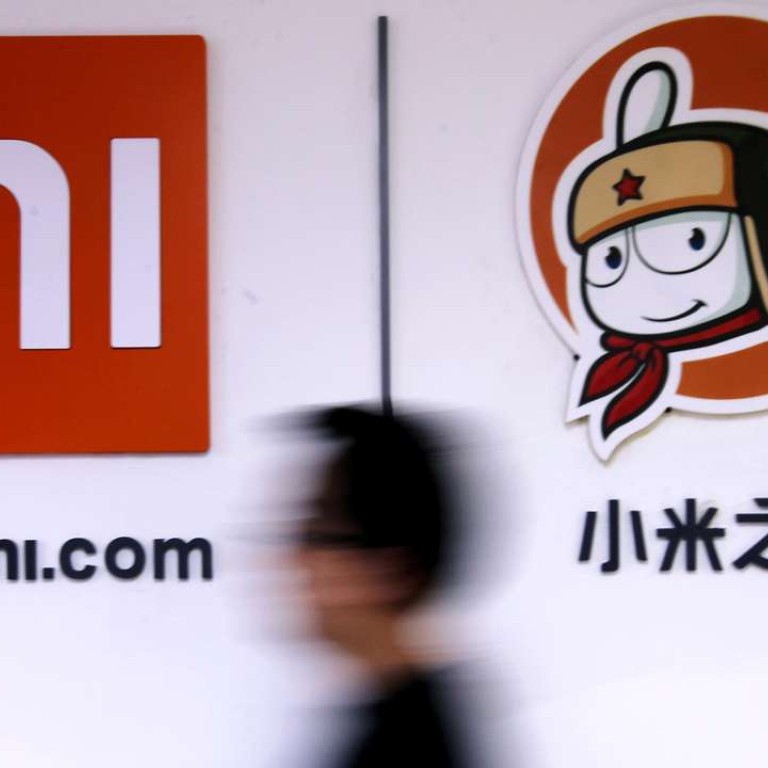
Update | China’s Xiaomi wants to put artificial intelligence ‘everywhere’
Chinese smartphone giant Xiaomi plans to enter the artificial intelligence (AI) market by becoming an AI component provider for traditional electronics manufacturers looking to make their products intelligent, according to a top executive.
“Our artificial intelligence technology will be everywhere,” co-founder and vice-president Wong Kong Kat told the South China Morning Post on Wednesday.
He expects the company’s thrust to result in a wider adoption of intelligent devices in the future.
“Even a chair can be smart enough to understand you and move to where you would be seated,” said Wong, who now leads the company’s efforts in AI and virtual reality.
They are the twin focuses of the recently established Xiaomi Exploration Lab, a department in Xiaomi similar to Google’s X (formerly known as Google X) that develops products using advanced technologies.
“We have no limit in terms of investment in this initiative,” said Wong, who heads the lab.
Xiaomi plans to put sensors and AI processing components in home electronics while running a computing cloud handling more complex calculation for them, said Wong.
Xiaomi’s AI technology will have a large user base, Wong said. Its 170 million users would benefit from functions such as new coupons of nearby shops being pushed to their phones and smart rice cookers cooking the rice according to their tastes.
This is the latest push from Xiaomi to occupy the home space. It established Mi Ecosystem, a sub-brand for smart home devices earlier last month, bringing together products from more than 55 companies it invested in.
These products range from connected power strips to air purifiers that report real-time air quality.
While not disclosing details of its AI products, Wong said Xiaomi will take a similar approach in rolling out its wifi module, an add-on component that gives traditional home appliances the ability to connect to the internet.
The module was released earlier last year at a price of 22 yuan (US$ 3.4) and can be used by other electronics makers.
“AI is very different from what Xiaomi has developed before,” said Alex Ng, an analyst from Chian Merchant Securities (Hong Kong).
“It is a market with great potential but requires time to develop the necessary technologies. Xiaomi may need a partner to provide the technology to keep up with its competitors in this rapidly evolving market.”
Xiaomi has a more conservative approach towards virtual reality (VR). Wong said the company will “take part in” the development of VR hardware and content, and may not provide its own VR products or services in the near future.
“The whole VR industry is still at a stage of exploring,” he said.

